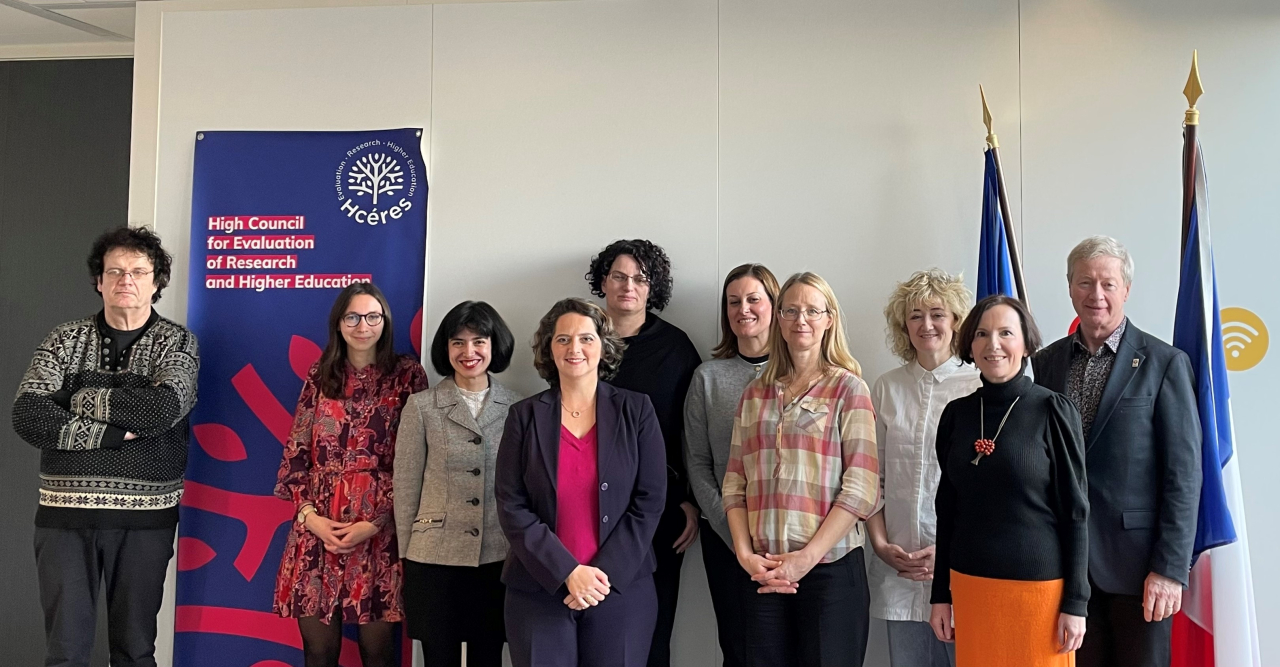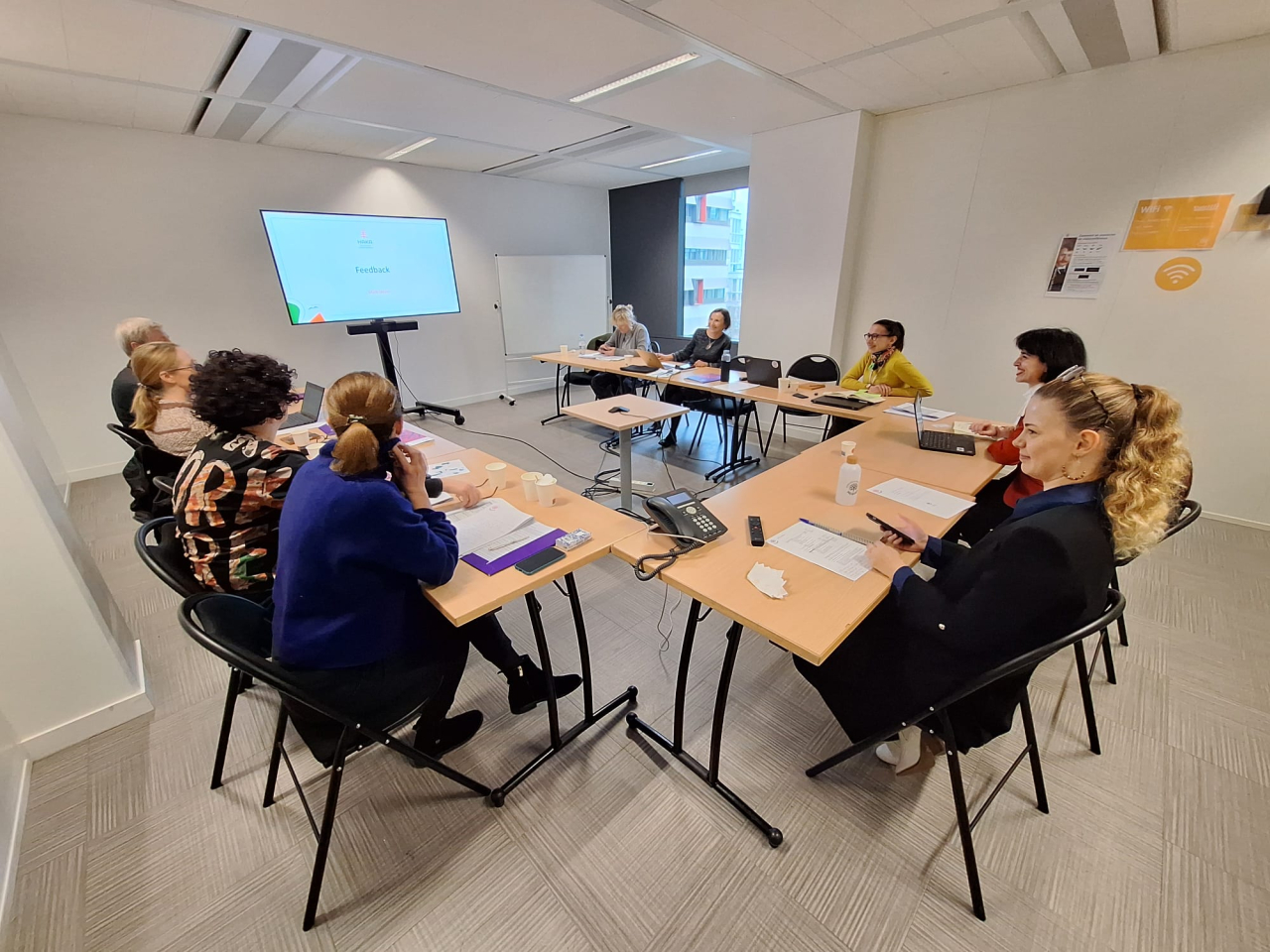International
Study visit to Hcéres by Croatian, Estonian and Swedish agencies
Published on
From 29 to 31 January, Hcéres was pleased to welcome representatives from the quality assurance agencies ASHE (Croatia), HAKA (Estonia) and ÜKA (Sweden) on a study visit on research evaluation. This visit comes at a time when Hcéres, as the co-chair of an ENQA working group on research evaluation, is raising its profile in this area among its European partners.
After hosting the ECA seminar last December, Hcéres welcome its European counterparts for a study visit devoted to research evaluation. The visit provided an opportunity to give a detailed presentation of Hcéres evaluation procedures at both institutional and research unit level, and their place within the new integrated evaluation process.
Contributions from the OST and the OFIS opened up the debate on the use of bibliometric data in evaluation, and the inclusion of scientific integrity in evaluation frameworks. Finally, the Europe and International Department, which coordinated the visit, was able to show how evaluation methods could be transposed to contexts outside Europe through case studies on Costa Rica, Vietnam and Djibouti.
The CTI was also invited to share its vision of the evaluation of research-based learning in engineering programmes. The study visit ended at the Arts et Métiers Institute of Technology ( ENSAM), where participants were able to exchange views freely on how evaluation is perceived within an institution and what are its impacts.

Steven Ball (Hcéres), Sophie Guillet (Hcéres), Amélie Bensimon (Hcéres), Solange Pisarz (CTI), Marina Grubišić (ASHE), Mia Đikić (ASHE), Nina Bandmann (ÜKA), Maiki Udam (HAKA), Petra Košutar (ASHE), Ulf Hedbjörk (ÜKA).
The evaluation of research is the subject of much debate within European quality assurance agencies: how should it be qualified? On what subjects? What methods should be used? The ENQA working group co-chaired by Hcéres and the Swedish agency ÜKA will attempt to provide some initial answers to these questions through a benchmark survey European agencies and members of the European higher education area as regard to research evaluation.
At the level of the four agencies involved in this study visit, many of the challenges relating to the comparability of evaluation systems were addressed.
While none of the agencies currently has a scope as broad as Hcéres when it comes to evaluating research, particularly with regard to the three areas of linking research to education, research strategy and the quality of research output, the Swedish, Croatian and Estonian agencies take account of the research quality assurance system at institutional level.
Recent developments, such as in Croatia, where the agency is now responsible for evaluating programme contracts between the Ministry of Science and Education and higher education institutions and research institutes, tend to strengthen the link between evaluation and the financing of research. The diversity of evaluation ecosystems, with in particular the prominent role of funding agencies, as in Estonia, or certain cultural roots, as in Sweden, where the university system is based on a very high degree of autonomy, demonstrates the heterogeneous nature of the practices and contexts of external quality assurance of research at European level.

Feedback session after a day and a half of discussions. Some surprising facts were outlined, as well as recommendations for Hcéres.
Nevertheless, a number of common challenges were identified, such as the agencies' commitment to a qualitative evaluation of research and to taking greater account of the specific characteristics of institutions.
The agencies invited paid particular attention to the new tools developed by Hcéres, such as the use of portfolios and the guides to research products as part of the evaluation of units.
In addition to the development of evaluation tools, the question of human and technical resources was raised in order to resolve the thorny issue of the increasing complexity of evaluation areas (SDGs, scientific integrity, etc.) and the shared desire to simplify data collection and processing.



